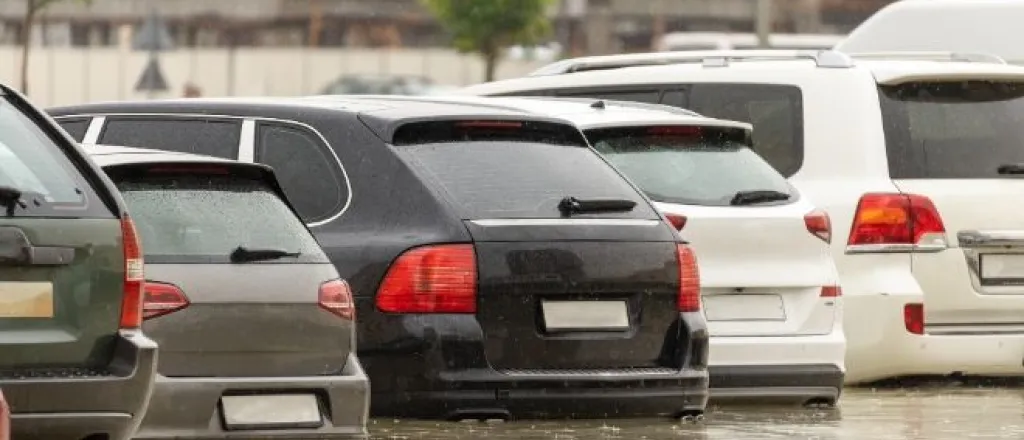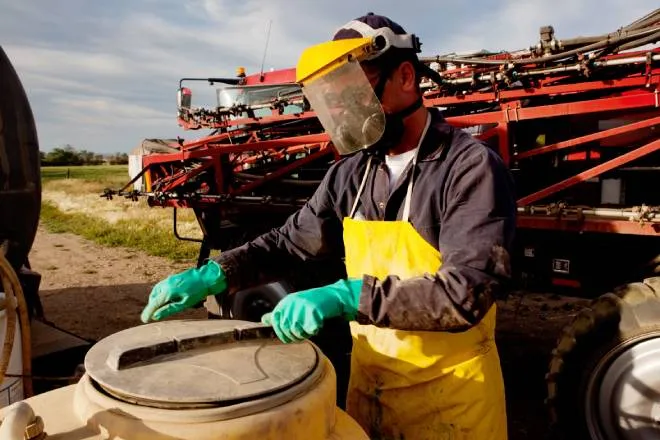
Red Flags When Purchasing a Used Vehicle to Watch Out For
Purchasing a used vehicle is a great way to save money and get a great deal. However, purchasing a used car can be risky. In some cases, used vehicles are more likely to have issues if the previous owner didn’t take care of it properly, if it was involved in an accident, or simply because the vehicle is older and has become more run-down over time. Fortunately, there are several ways to avoid purchasing a problematic used vehicle. Before sealing the deal, here are some red flags when purchasing a used vehicle to watch out for.
A flood or water damage title
Those purchasing a used car should pay close attention to the vehicle’s title. If the car you’re looking at has a flood or water damage title, run the other way—that’s a huge red flag when purchasing a used car. Vehicles that have undergone flood or water damage often experience extensive issues with mechanical and electrical components. Such issues are expensive to resolve and will likely continue causing problems further down the road.
In some cases, sellers will take dishonest measures to hide the fact that a vehicle has a bad title. To avoid getting scammed, make sure that the title on the vehicle you’re thinking of purchasing has a state seal and the same vehicle identification number as the one the car. Doing so will help ensure that you don’t purchase a vehicle with an inaccurate or counterfeit title.
An extremely low price
If a deal seems too good to be true, it probably is. Be wary of used vehicles being sold for extremely low prices. While it is normal for used vehicles to sell for much less than brand new models, a ridiculously low price is cause for suspicion. When a used vehicle is being sold for an absurdly low price, the reason is probably because the seller knows it has little value and just wants to get rid of it. After purchasing the car, you’ll likely end up spending all the money you saved on numerous costly repairs the vehicle requires.
No pre-purchase inspection
Sellers who refuse to agree to a pre-purchase inspection likely have something to hide. Pre-purchase inspections should always be conducted by an independent mechanic before buying a used vehicle. Such inspections are standard practices to help determine if there are any safety or mechanical issues with the vehicle before you commit to a purchase. If the seller doesn’t agree to conduct a pre-purchase inspection, one can assume that the vehicle has issues that they don’t want you to know about until the deal is closed.

















